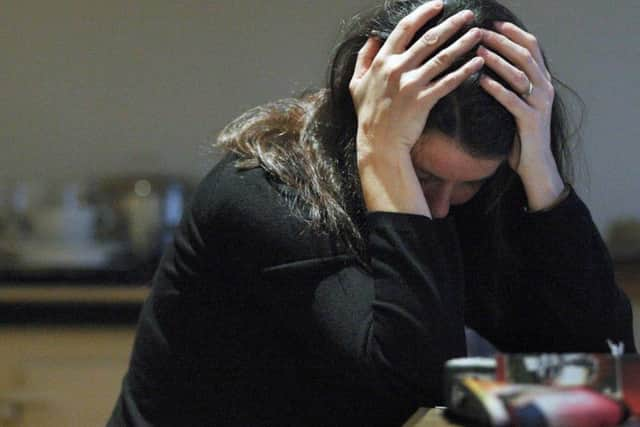Postnatal depression explained
It can also impact upon fathers and partners.
While many women feel tearful or anxious in the days after giving birth, postnatal depression can start at any time in the first year.
It can result in new parents feeling persistently low, struggling to bond with their baby, and withdrawing from contact.


Advertisement
Hide AdAdvertisement
Hide AdAmong the signs and symptoms are a lack of interest or enjoyment in the wider world, a lack of energy, and trouble sleeping at night.
In extreme cases, it can result in frightening thoughts, perhaps about self harm or harming the baby.
Many don't realise they have postnatal depression, because it can start gradually, but with support, most can see a full recovery.
Women are advised to speak to a GP or a health visitor if they think they may be depressed.
Advertisement
Hide AdAdvertisement
Hide AdThe NHS has stressed that a woman seeking support will not result in a her baby being taken away - babies are only taken into care in the most extreme of circumstances.
It also highlights local and national groups and support networks, such as the Association for Post Natal Illness (APNI) and Pre and Postnatal Depression Advice and Support (PANDAS).